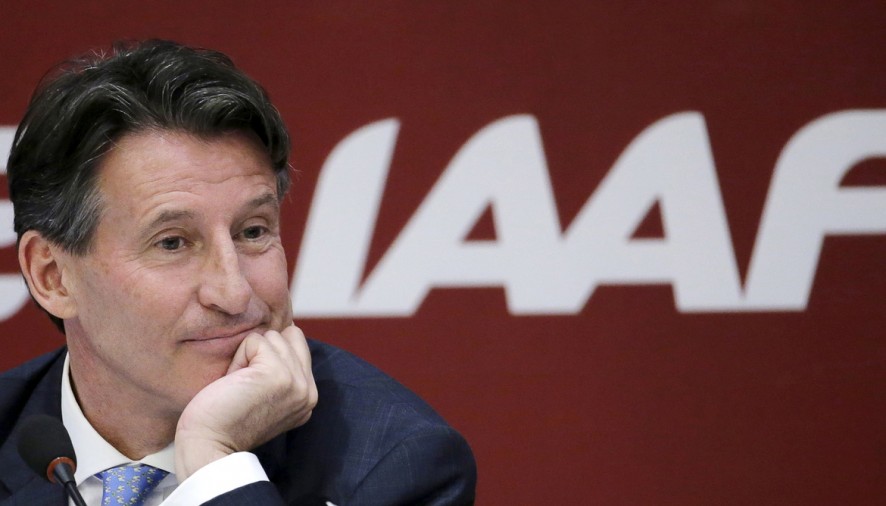“Winning isn’t everything” is a classic sporting mantra. It’s supposed to teach us that we can only do our best and that taking part is the main thing. These sayings run on the assumption that athletes enjoy their sport and sporting events are little more than competitive rivalries. But nowadays sport is so much bigger than that. Modern sport is a lucrative billion pound business, and sporting events are watched by billions of people across the globe.
The pressure modern athletes face when competing is staggering, and often overwhelming. From England’s dismal record at penalty shootouts to sprinters jumping the gun, the fear of failure is something many athletes simply can’t deal with. It’s no wonder then that cheating has become a regular occurrence. In sport, where the difference between success and failure can be so slim, athletes are under enormous pressure to be as good as humanely possible. This can include rigorous dietary and training regimes, or doping. When a whole nation is watching you, praying you succeed, or when a lucrative advertising contract is just a win away, competitors will do whatever they can to give themselves an edge.
Doping isn’t a recent occurrence. The Russian doping scandal has merely brought doping and the question of how to deal with it back into the limelight. It would be foolish and ignorant to suggest that Russia alone has a doping culture. Doping is ripe through athletics, and sport in general.
Lord Coe, the new head of the IAAF, has promised to rid athletics of doping. Considering the 1980’s when Coe was competing was littered with dopers, and with allegations of people being paid to lose in his final race, it’s hard to see how he can turn the sport clean again. Cleaning sport from drugs cheats is no mean feat.
There is talk of banning Russia from future events, but I can’t see the International Olympic Committee stopping one of the world’s richest countries from competing in Rio. The threat of punishment doesn’t rank as highly as winning. The financial and personal gains are so great that any method of achieving them becomes acceptable in the eyes of the competitors and sponsors.
Over the weekend, Arsene Wenger, manager of Arsenal FC, made allegations about doping in football, which is considered by many to be one of the cleaner sports. He made similar remarks in 2013, but his comments were all but ignored. Do people want to see the truth come out? Many fans and commentators don’t want to believe that such things take place is their favourite sport, and would be willing to turn a blind eye until the evidence became too clear, like the FIFA scandal did.
Sport has become too big to collapse. Like the banking crisis, the sheer amount of money involved is too great. At the highest level, doping has become worth the risk for too many people, and until our sporting mentality changes, will become more and more prominent.
Lawrence Cwerner
[Image: Reuters/Jason Lee]

